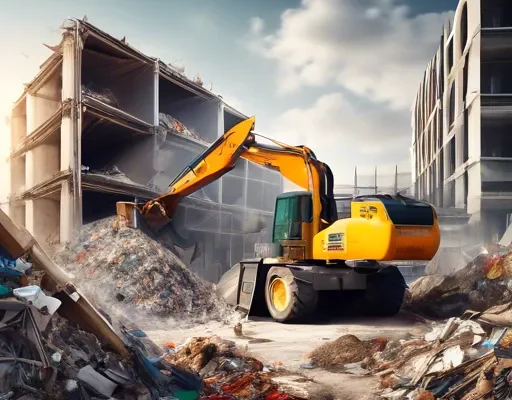When embarking on a construction project, one thing often overlooked yet critically important is the proper removal of construction waste. A deliberate misstep can spiral into a bureaucratic nightmare, inviting conflicts with local authorities. How does one deftly navigate this potential minefield without getting ensnared in red tape? Let’s dive into acumen-laden strategies that will keep you on the right side of the law — and your sanity intact.
At some point, every dusty sledgehammer meets its match in the debris it conjures. Whether you’re adding classic stone arches to your interior or thinking of a fresh revamp with elegant kitchen hoods, constructing invariably amasses a formidable heap of rubble. Here’s how to deal with it.
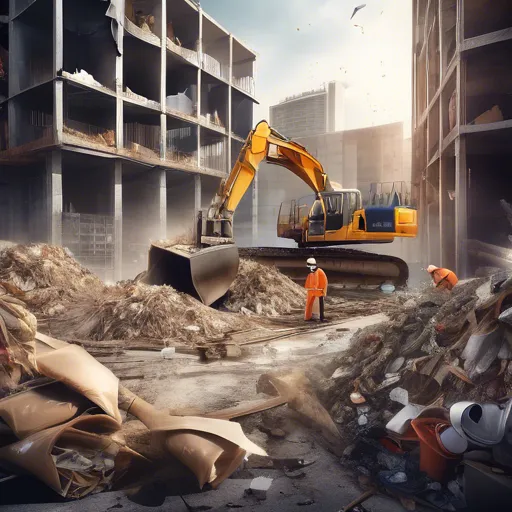
Key Features and First Impressions
- Compliance with Regulations: Before the first hammer falls, ensure a comprehensive understanding of local waste disposal regulations.
- Strategic Planning: Align your construction timeline with the logistics of waste removal to minimize disruptions.
- Documentation: Maintain meticulous records of waste types and disposal methods; you’ll need them if authorities come knocking.
- Recycling Opportunities: Identify materials that can be recycled or repurposed, reducing both waste and costs.
Each of these components is essential; neglecting even one can lead to costly delays and legal complications. It’s imperative to view these not as hurdles but as fundamental steps in the construction process.
Technical Details
Design
The blueprint of waste management starts with knowing the layout of your project’s needs. Thoughtful planning of waste containers can streamline efficiency and reduce clutter.
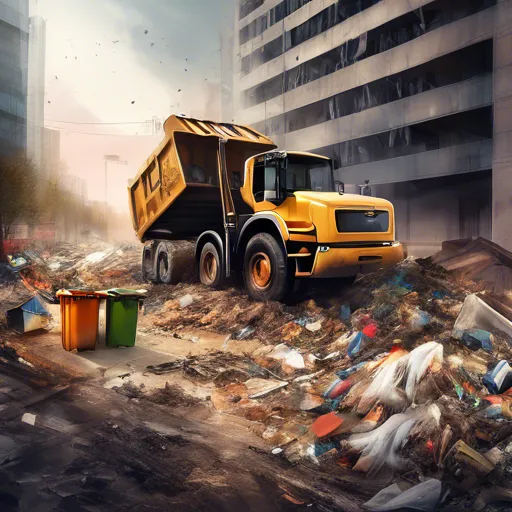
Performance
The effectiveness of your waste removal relies heavily on your choice of contractor. Vetting contractors with proven track records ensures efficient handling of debris and adherence to regulations.
Usability
Does your site facilitate easy access for waste collection vehicles? If not, consider adjustments that might pay dividends in the long run.
Side-by-Side Comparison
| Aspect | Option A | Option B |
|---|---|---|
| Durability | Standard containers | Reinforced eco-friendly bins |
| Ease of Use | Basic manual removal | Automated sorting systems |
| Design | Traditional skips | Smart, modular disposal units |
| Operating Costs | Higher maintenance | Cost-effective over time |
Practical Tips
- Align with reputable waste disposal firms and sign off on compliance-assured contracts.
- Schedule regular pick-ups to avoid pile-ups that attract attention.
- Engage in community initiatives that encourage recycling and responsible waste management.
- Always brief your team on the latest waste disposal protocols to ensure everyone stays informed.
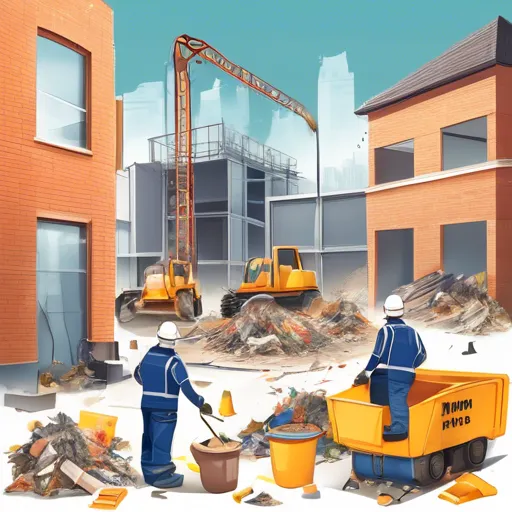
“Proper management of construction waste is not merely an environmental obligation; it’s a strategic advantage in maintaining project timelines and community confidence.”
Conclusion
The task of effectively removing construction waste without ruffling feathers is achievable with foresight and diligence. As with choosing the right wardrobe for your hallway, every decision matters. From planning to action, ensuring compliance and fostering good relations with authorities form the crux of successful waste management.
In the end, it’s not just about avoiding trouble — it’s about forging a path of compliance and efficiency that elevates your project. As building trends continue to evolve, staying ahead in sustainable waste management becomes an indispensable aspect of construction ethos.
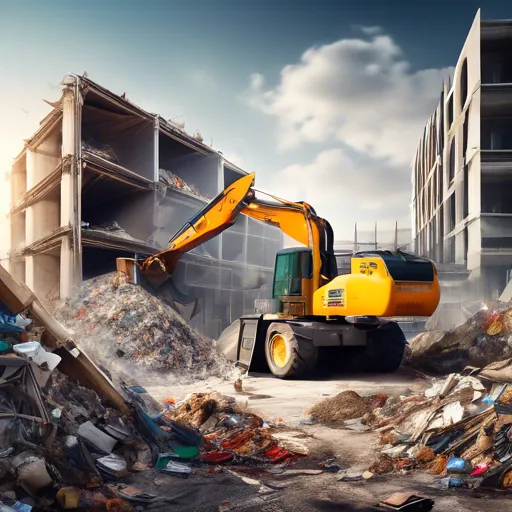 “`html
“`html
FAQ
What permits are required for exporting construction waste?
Permits vary by region but typically include waste management and transport permits. It’s essential to check with local authorities to ensure compliance with regulations.
How can businesses ensure regulatory compliance?
Businesses should keep up-to-date records, follow local waste management guidelines, and engage with legal experts familiar with waste export regulations.
What are the consequences of non-compliance?
Non-compliance can result in fines, project delays, and legal issues. It may also lead to a revocation of licenses or permits.
Why are local authorities concerned with waste export?
Local authorities aim to prevent environmental harm and ensure public safety. Proper waste management helps maintain community health and compliance with environmental standards.
“`
